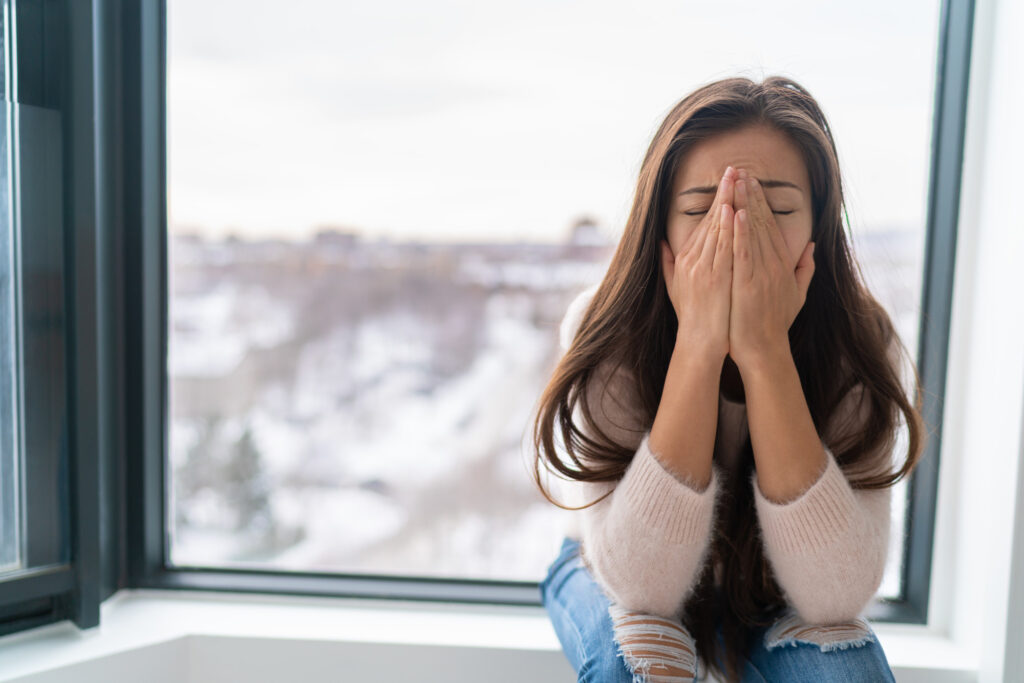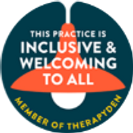
The National Alliance on Mental Illness calculates that over 40 million people aged 18 years or older suffer from an anxiety disorder.
In today’s hectic and fast-paced world, we are expected to perform with high stress levels in order to succeed. But what happens when it becomes too much to manage on our own? It can lead to mental health problems like anxiety.
What is anxiety? What are its symptoms? And what can you do to help cope with it and prevent it from affecting your daily life?
If you are looking for advice on anxiety and how to improve your mental health, keep reading for more information.
What Is Anxiety?
Anxiety is a defense mechanism of the body’s fight-or-flight response. It can cause feelings of fear, anxiousness, and uncertainty. Those with anxiety will feel often on edge and tense about certain thoughts or social situations.
Anxiety could come as a result of the fear of being judged by others at a public speaking event or during a presentation.
While this may not actually be the case, the individual is afraid that they will stumble during their speech and be criticized or made fun of by the audience. Their mind goes into a worst-case-scenario mode.
Some forms of trauma and PTSD can also lead to anxiety. If a traumatic event did occur in an individual’s life at any time, their brain is hard-wired to expect it to happen again at any moment.
There may not be any actual danger or threat to the individual, but the brain is sending fear signals to the rest of the body. This pre-worrying about all of the things that could go wrong can be debilitating.
Loud and sudden sounds like fireworks or a car backfiring could sound like gunshots to someone who served in the war. The brain automatically assumes it to be the worst of all possible outcomes. This can lead to an anxiety attack.
What Are the Symptoms of an Anxiety Attack?
An anxiety attack, also known as a panic attack, is a condition that occurs in the body when an individual is under severe stress or worry. Symptoms of an anxiety attack can vary from person to person, but they most often include the following:
- Shortness of breath
- Racing thoughts
- Increased pulse or heart rate
- Feeling lightheaded
- Inability to focus on the present moment
- Dizziness
Those suffering from an anxiety attack may even pass out if they are too overwhelmed. They may be sweaty or have clammy hands due to increased perspiration. Uncontrollable shaking, trembling, or rocking back and forth can also be signs of an anxiety attack.
In the moments of an anxiety attack, a person can also feel powerless. Their mind is overrun with worry and intrusive thoughts that keep playing over and over again. They may want to escape from the situation altogether because they feel as if they have no space or breathing room.
What To Do During an Anxiety Attack
When someone is having an anxiety attack, it is important that you stay with them until the worst of it has passed. An anxiety attack usually reaches its peak around 10 minutes.
If you are alone and experiencing an anxiety attack, it is important to try to re-center yourself. Try using the Grounding Technique.
The Grounding Technique
Grounding is a method for dealing with the onset of an anxiety attack. It serves to refocus the attention of the individual away from the destructive thoughts of anxiety. When using the Grounding Technique, you think of these five senses.
- 5 things you can SEE
- 4 things you can HEAR
- 3 things you can FEEL/TOUCH
- 2 things you can SMELL
- 1 thing you can TASTE
Sometimes having a piece of candy or a mint in your purse that you can suck on to focus on the flavor can have a calming effect if you are having an anxiety attack. For taste, if you don’t immediately have something available to taste, think of something you like the taste of, such as your favorite ice cream flavor.
You should try to focus on your breathing as well. Anxiety may have you holding your breath or breathing very rapidly. You should take a deep breath in through your nose and exhale through your mouth slowly for about six seconds, repeating as necessary until you are calmer.
Taking some sips of a cold beverage or splashing your face with some cold water, if it is available, can also help. Just know that it will pass.
Anxiety Treatment
If your anxiety is occurring more frequently, it could be disrupting your daily life. You may have to seek more help, such as anxiety therapy sessions.
There is a stigma associated with seeking counseling as an anxiety treatment. Mental health has become a taboo topic, but it shouldn’t be that way.
You may feel as if you lack self-confidence. Maybe you don’t want to try anything because you are too afraid of failing. Or you don’t believe you are capable of achieving what you want most in your life.
Working with a counselor for your anxiety can give you an outlet for expressing areas where you may be struggling the most. A counselor can also provide tools and help you to develop proper coping mechanisms to conquer your anxiety.
Struggling with anxiety can impede your work performance and interfere with your personal and social life. It can keep you from achieving your life goals and moving forward in the direction of your dreams.
Optimistic Counseling for Conquering Anxiety
When your mental health is made a priority and your anxiety is in check, you will feel like you can take on the world. But you have to take the first step to receive the benefits that counseling can offer you.
Optimistic Counseling, based in Houston, Texas, knows that every woman has a busy schedule. That’s why online counseling sessions are offered to accommodate your active life.
Contact Optimistic Counseling today and get started on the road to making a change for the better in your life.


